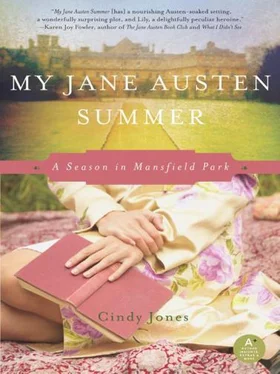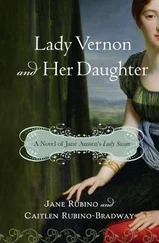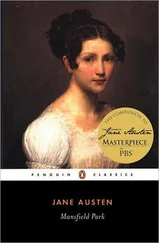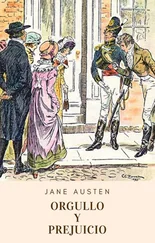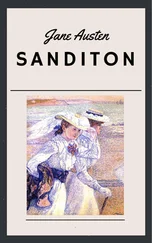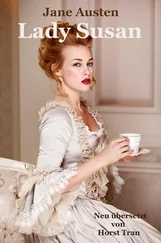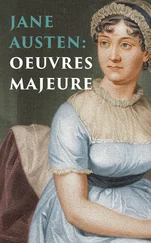"What a surprise," he said. "Lily." He extended a hand and I prayed he wouldn't squander our private seconds sorting out my presence at the party.
"No small talk," I said quickly, touching the cross around my neck.
"Never, with you," he said, his face still lit from the last round of levity. My Attic Willis was make-believe; this Society Willis was real.
"How are you?" I asked, meaning the big picture.
He reached for a more serious expression, unable finally to engage either a smile or a frown. "Well, since you asked, I'll tell you." He lifted his glass from the low table, avoiding my eyes. "I've decided to leave my degree program."
"What does that mean?"
"I'm not seeking the priesthood." He sipped his wine, relieved, as if he'd finished the thesis and won an award, rather than abandoned his life plan.
"Congratulations," I said. "You've struggled with this. And how is your fiancée taking the decision?"
"It's still new to her." He watched a blinking light make its way across the dark sky.
"So what will you do?" I asked.
"That"—he laughed—"is a more difficult question." He opened his mouth to speak. Certainly his lips formed the word you but the unbidden grind of the door, sliding open along its metal track, admitted party chatter onto the balcony and ended our privacy. We'd been a fairy tale with a beginning, middle, and end, and we'd reached the last page sometime in July. Tonight felt more like an epilogue.
"They're looking for you," Randolph said to Willis. "Time for the toasts," he added, offering me a champagne glass, extending a hand to Willis.
"Ah, duty calls," Willis said. "Excuse me." And passing me, he left without a good-bye.
I started to follow Willis back into the noisy room, not sure I could bear to hear tributes to the lovely couple, when Randolph gently tugged my hand. "Let's stay out here," he whispered, nodding at the sparkling skyline, taking my glass and setting it on the rail. Willis had forgotten to take the stars and the moon when he left. Rand's arm found my waist and I gratefully leaned my head on his shoulder.
"So, it's Forster for us," he said.
* * *
Four days later in my library, I reached up to touch the spines of the old books on the shelves, a light touch, the way Randolph touched my back or my hand. I thought about decoding the shapes of ink, the alphabet blooming into people and places in my mind, regardless of book or page number. But mildewed pages were out of character for an aristocrat's dinner date. Rather, I should brush up on foxhunting and afternoon tea. While staring at the shelves, halfheartedly seeking a book on peerage laws, my cell phone went off, igniting my pulse. But it was Vera again.
"Has he called?" she asked.
"No," I reported once again as I pulled an old encyclopedia off the shelf. "The Eleventh Baron of Weston has priorities and we have to wait." I'd fed Vera's frenzy, sharing Randolph's comments about my interest in making a country house pay its way and the talk about running away in Forster. "Do you think he's really interested?" I asked, purposely imprecise, allowing her to address either question: his interest in keeping Literature Live in his house or his interest in Lily. I faced the bookshelf so my voice wouldn't carry into the room, deceiving myself that My Jane Austen wouldn't hear the question. I knew which way Vera would go, which made me think she also understood, at least subconsciously, that Literature Live was doomed.
"Of course he's interested. He's always been especially fond of American actresses," Vera said. Her response triggered a memory of something I couldn't place.
* * *
Omar joined me, throwing books and papers on the table. "What are you reading?" he asked.
"I'm looking up the 1999 House of Lords Act," I said. "Do you know anything about it?"
Omar sat. "It restricted the number of hereditary peers allowed to govern; no more than ninety-two can sit in Lords. The rest are appointees with life terms." He guessed why I asked. "Randolph is not entitled to a seat."
"I see." Like learning that nobody lived in country manors nowadays or had servants. "Speaking of," he said, "how's Lord Randy?"
"I haven't heard from him. I'm a bit worried for Literature Live's future, really."
"You should be." Omar pulled a newspaper from his pile of stuff. Rifling through the pages, he found the section he looked for and tossed it to me. "Have a look."
"What's this?" I scanned photographs of people in evening attire, society types posing for the camera. "What am I looking for?"
"Your Randy Lord." Omar pointed to a picture in the middle of the page and folded his arms across his chest.
There, posing in aristocratic understatement, stood my Randolph with a demure socialite. The caption read, Lord Weston and Sara Stormont at the Benefit for the Sick Dentists' Trust . I studied the picture, wondering who she was, how serious their relationship might be; another Someone Else.
Omar wagged a finger at me. "You're not letting Vera use you, are you?"
"I don't think so."
"Good. Don't let her pump you up so you can't think for yourself. You can't save Literature Live for Nigel, so don't let her convince you it all hangs on you snuggling up with the lord of the manor. It doesn't."
"No?"
"Look at Vera. Look at her life. Lonely as can be, married to a gay man, no family to call her own." Omar leaned forward. "I know how charming she is, but you need to only connect yourself."
"Let's talk about something else," I said. "When are you leaving?"
He looked at his watch. "Midnight, why?"
"No," I said. "When are you going home—to Michigan?"
"Friday," he said, opening his laptop.
"You're not staying through the end?" I asked.
"It's over," he said.
I sat back and folded my hands.
Omar removed his glasses and asked me, "Why don't you come with me?"
"And do what?"
"Continue your work connecting disjointed personalities; the university is full of them." He smiled. "And spend evenings amusing me with your stories."
I rolled my eyes.
"No, really. Why don't you come to Michigan? Go back to school." Omar leaned back on his chair's hind legs. "Get your MFA."
"No money." I bit my lip.
"You can work on campus. Human resources, isn't it?" He wiped the lens on his shirt.
"I don't remember."
"You can stay with me until you get your act together."
I took a deep breath and looked at him. Without glasses, he appeared younger and more vulnerable. "That's a very tempting offer, Omar."
He rested on all four chair legs. "Think about it," he said.
"I'll think about it."
* * *
With less than a week of literary festival left to me, I sat on my bed, holding Magda's book, staring at Bets's mattress. I'd stripped her bed, folding the matching bedspread and stuffing it in her closet. The naked ticking satisfied in a mildly punitive ascetic sense. Bets's side of the bureau was bare, as well as her side of the sink and table. I'd removed the things she'd stored under my bed and stuffed all of it in her closet and forced the door shut. I wanted to be completely alone.
I'd spent all day Monday and Tuesday, festival days off, reading in my room. Books accumulated in stacks around my bed. Not novels, but critical essays about Jane Austen and Mansfield Park , the type of thing Vera had encouraged me to read back in June. I discovered back issues of Persuasions , a scholarly journal published by JASNA, the existence of which blurred my understanding of the distinction between academics and Janeites. Essays about Mansfield Park referenced names I'd heard in Nigel's conversations and in lectures, and I worked backward to the primary sources listed in bibliographies. Most books were on our shelves, and the deeper I read, the better I understood what I'd been doing all summer.
Читать дальше
